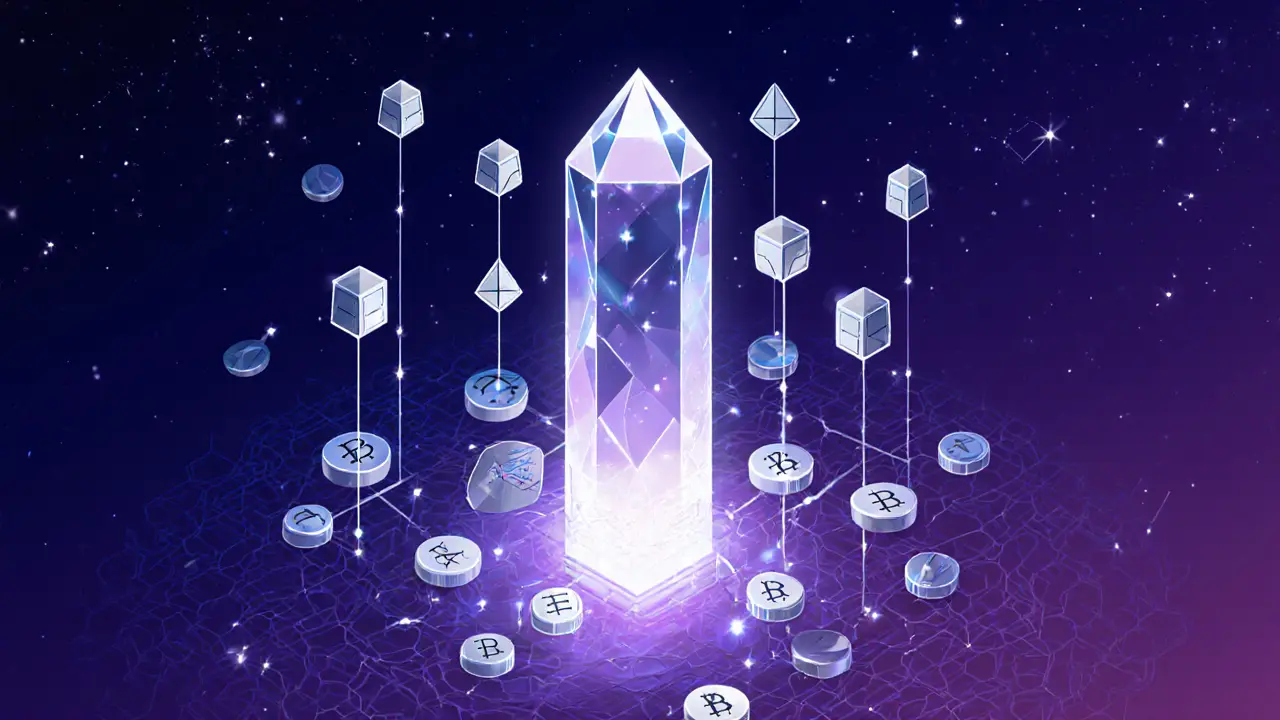Validator Networks: How Blockchain Validators Keep Crypto Secure
When you hear validator networks, distributed systems of nodes that verify and add transactions to a blockchain. Also known as consensus nodes, they’re the invisible engines behind coins like Ethereum, Solana, and Polygon—keeping everything honest without banks or middlemen. Unlike old-school proof of work that burns electricity, modern validator networks use proof of stake, where people lock up their crypto to earn rewards and help secure the chain. It’s cheaper, faster, and way more energy efficient—but only if the validators are real and not fake nodes running on someone’s laptop.
Not all validator networks are created equal. Some, like Ethereum’s, have tens of thousands of independent validators spread across the globe. Others, like smaller chains, might have just a handful controlled by one team—making them easy to manipulate. That’s why you’ll see posts here about JPool Staked SOL (JSOL), a liquid staking token that lets you earn rewards from Solana validators without locking up your coins, or how Dopex (DPX), a decentralized options protocol on Arbitrum, relies on secure validator infrastructure to settle trades. These aren’t just technical details—they’re safety checks. If a project’s blockchain isn’t properly validated, your tokens could vanish overnight, like with ghost tokens such as Global Token (GBL), which has zero supply but still shows up on exchanges.
Validator networks also tie into airdrops, scams, and regulation. Some fake airdrops pretend you need to "join a validator" to claim tokens. Others, like the ASK airdrop, a legitimate campaign from Permission.io that rewards users for data sharing, actually reward participation in real validator ecosystems. And when governments like China or Afghanistan crack down on crypto, they don’t just ban trading—they target validator nodes—because taking out validators is the fastest way to kill a blockchain. That’s why understanding validator networks isn’t just for tech heads. It’s for anyone who owns crypto. You need to know who’s securing your assets, how they get paid, and when something smells off. Below, you’ll find real breakdowns of validator-backed projects, scams pretending to be validators, and the tools that let everyday people join these networks without running a server.
Future of Validator Networks in Blockchain Technology
Validator networks are the backbone of modern blockchains, replacing energy-heavy mining with secure, stake-based consensus. Learn how they work, who runs them, and what’s next for Ethereum, Solana, and beyond.
learn more